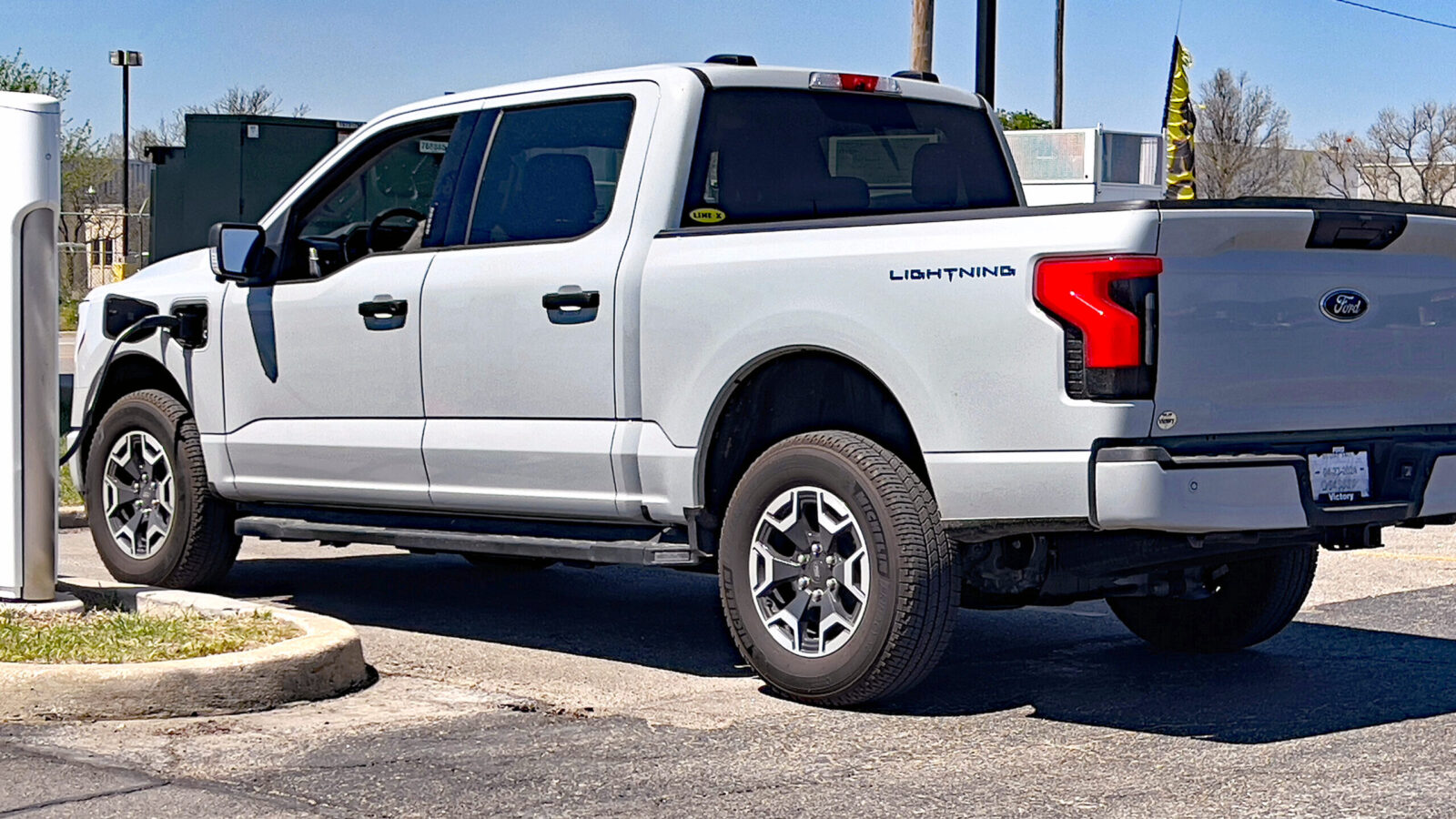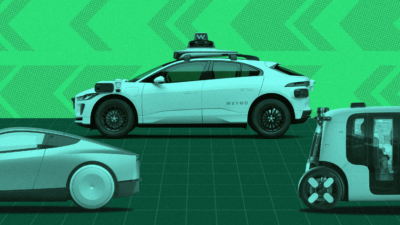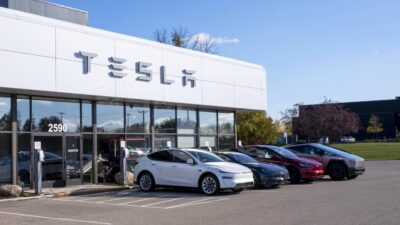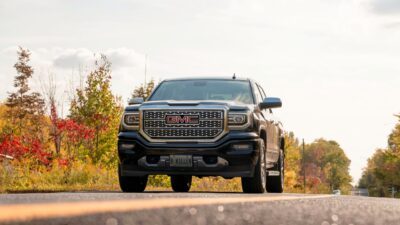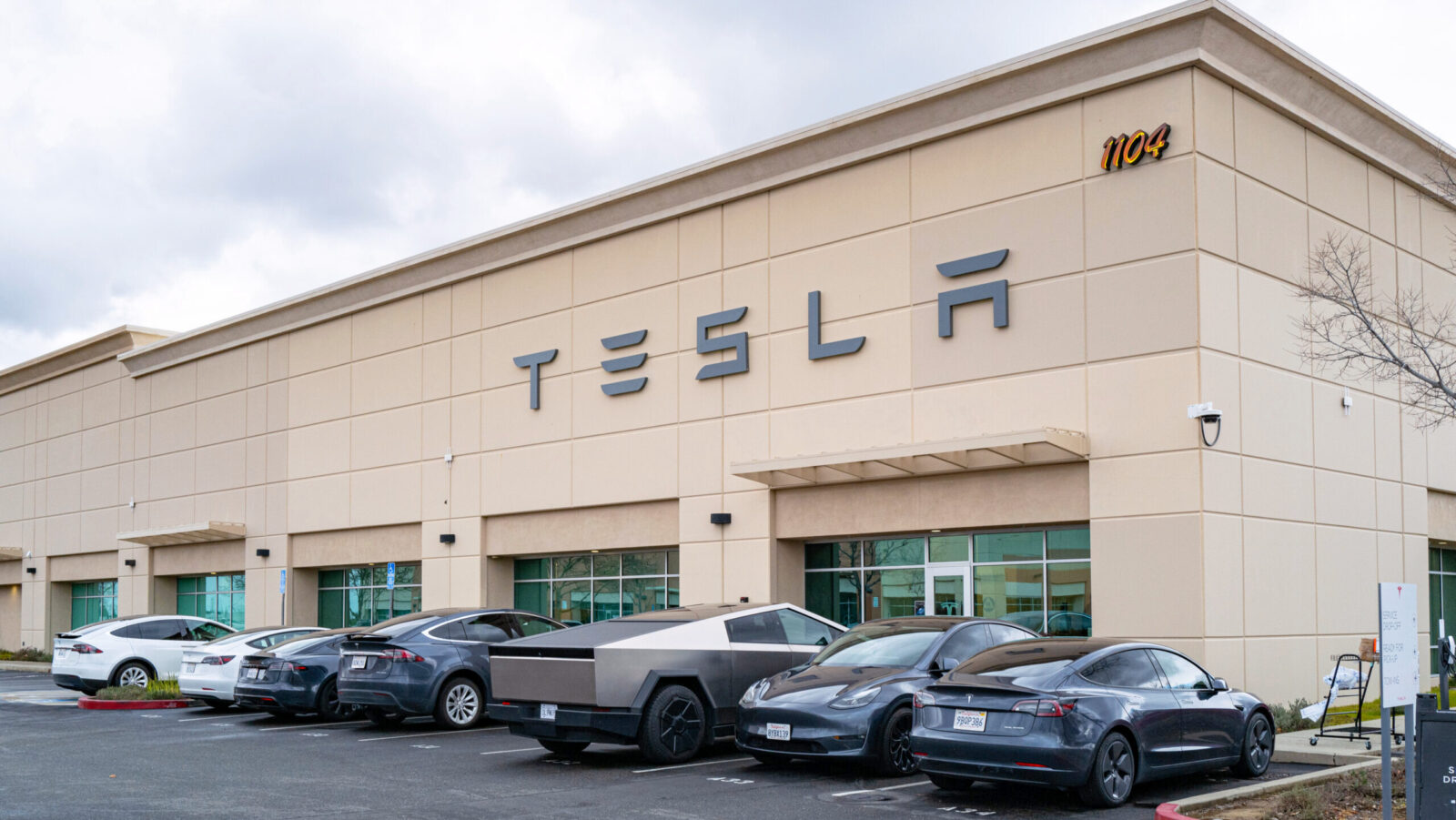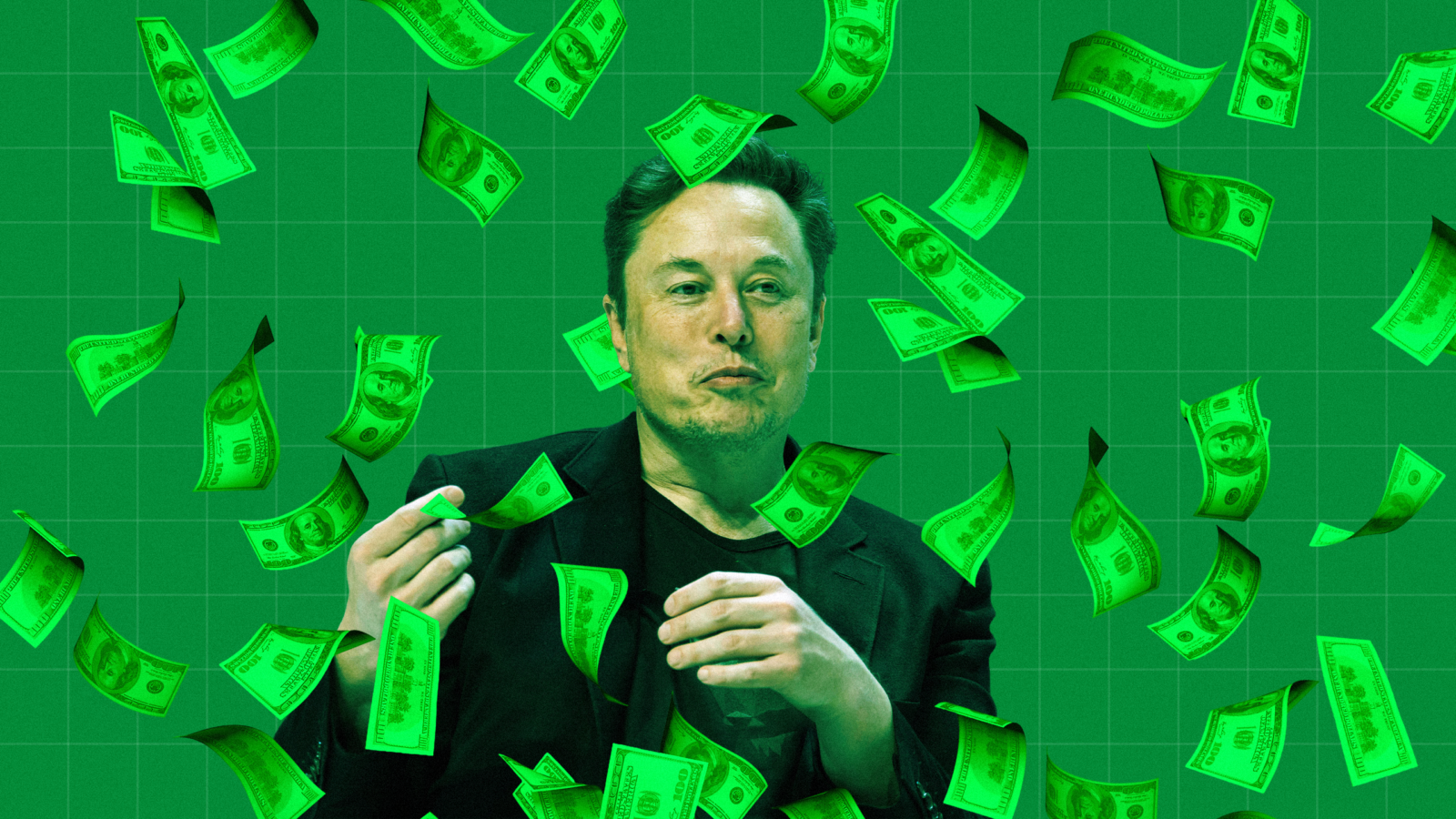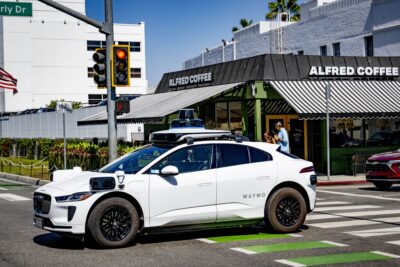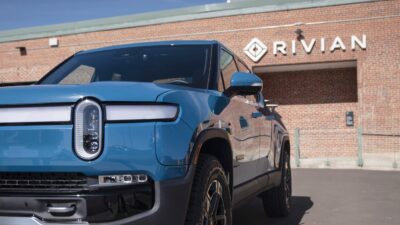Tesla Steers Toward Mass Market … Sort Of
The new Model Y, dubbed the Model Y Standard, essentially fills the void of the expired tax credit with a starting price of $39,990.
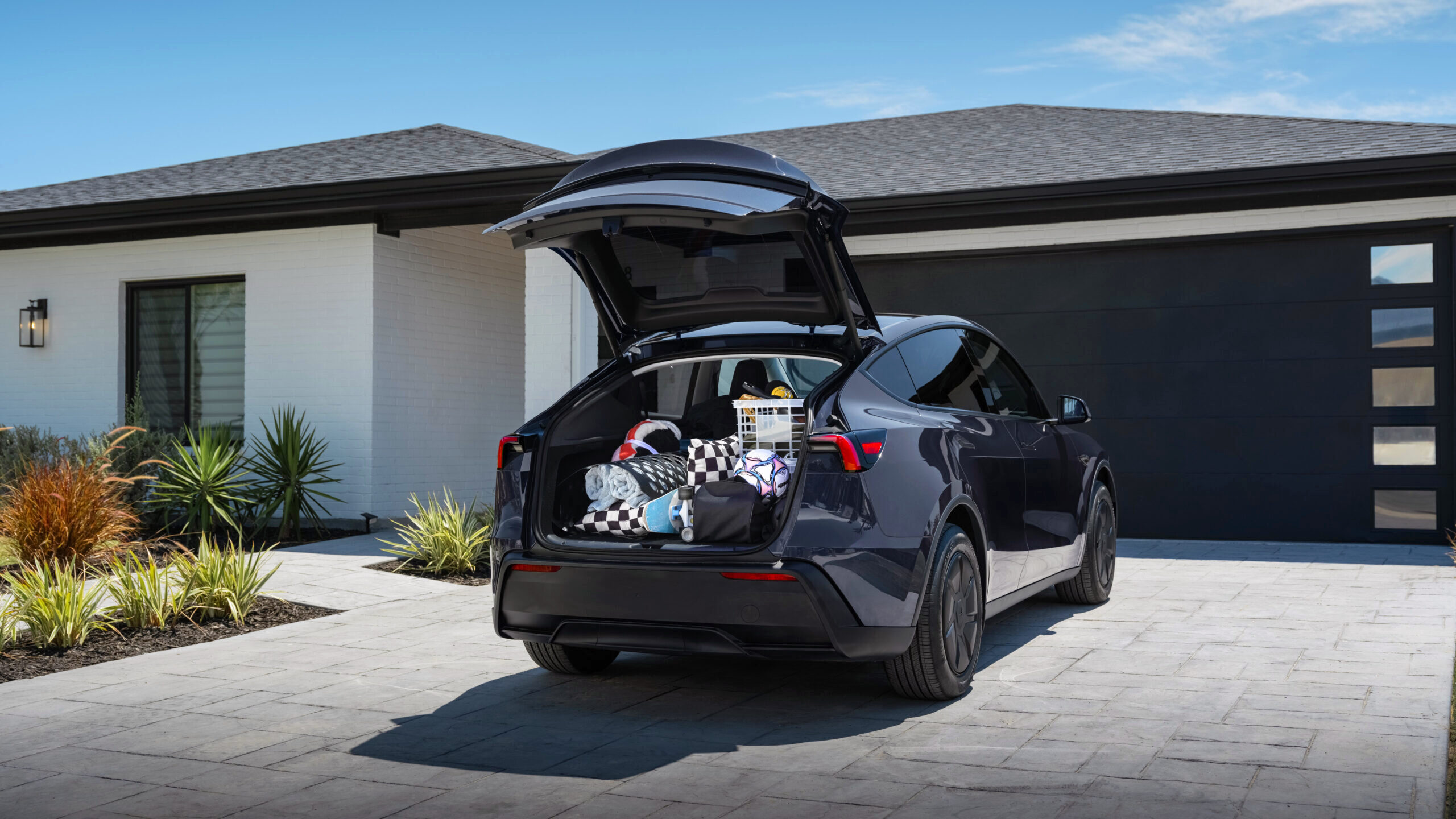
Sign up for smart news, insights, and analysis on the biggest financial stories of the day.
On Tuesday, Tesla announced a lower-cost version of its Model Y electric vehicle. So why now? What finally convinced the company to bring its long-rumored, and possibly once-canceled, mass market vehicle to fruition? We can think of 1,000,000,007,500 reasons. That’s the size of Elon Musk’s new pay-for-performance pay package (plus an insignificant-by-comparison number long prized by EV buyers).
No Tax Credit? No Problem
At the end of September, the cost of a Tesla effectively rose $7,500 after the expiration of the federal government’s EV tax credit. The expiration, presumably, was a blow for Tesla (though it did create a short-term surge in demand). The new lower-cost Model Y, dubbed the Model Y Standard, essentially fills the void left by the tax credit, with a starting price of $39,990.
That’s almost $7,000 cheaper than the previous base Model Y offered by the company (Tesla also announced a $36,990 Model 3 sedan on Tuesday, marking a modest discount from previous iterations). But it’s also above the $30,000 price tag that Musk called a “key threshold” when discussing a low-cost Tesla last year, and well above a planned $25,000 EV that Musk reportedly canceled last year, per sources who spoke with Reuters. Still, it could be enough to keep Tesla sales juiced for the foreseeable future, which is also good news for Musk:
- In one of several milestones necessary to secure his recently negotiated $1 trillion pay package, Tesla must deliver 20 million cars within a decade.
- Hitting that mark will require significant sales growth. The company delivered 497,099 vehicles in its recent record quarter, following sales of just 336,681 and 384,122 cars in the first and second quarters of the year, respectively, both of which marked double-digit declines from the same period in 2024. Sales have tumbled 6% year-over-year through September.
Sky High Expectations: Still, the new lower-cost models are a healthy tick above the cheapest EVs in the US. The baseline Kia Leaf, for instance, runs just $26,000, while a Chevrolet Equinox EV comes in at just under $35,000. And in China, where EV makers are locked in a bitter price war, BYD is selling cars for as little as $10,000. Tesla shares fell 4.4% on Tuesday, after popping 5.5% on Monday following a teaser video for the announcement event. There may be a lesson in there: Buy the hype, sell the news.
